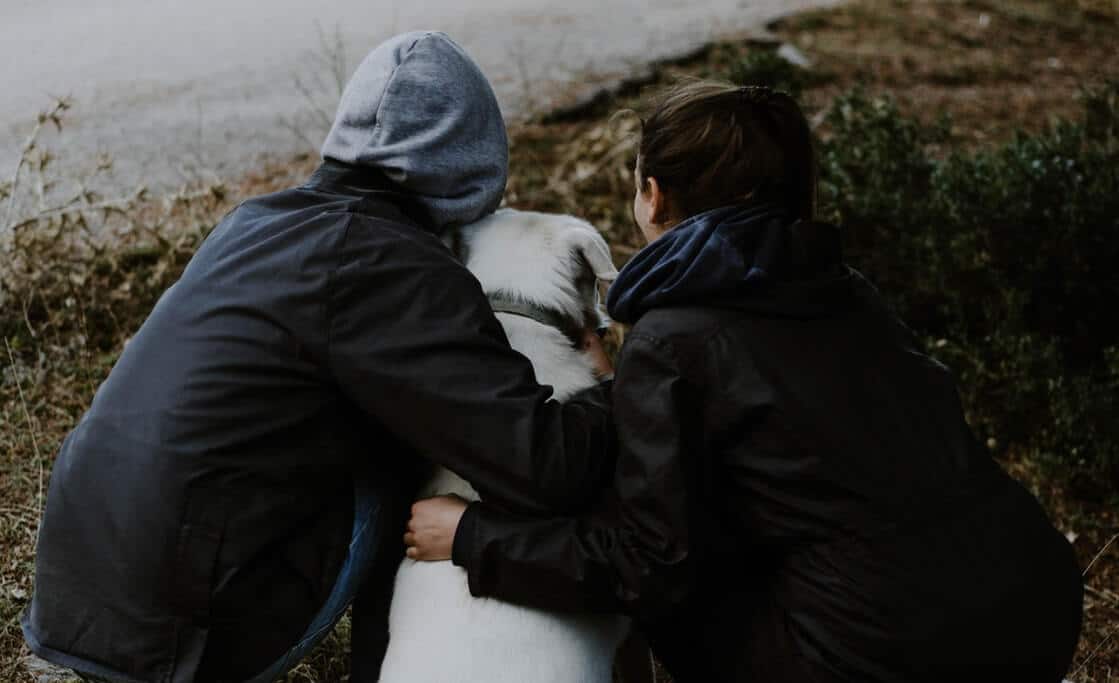When someone battles an addiction, they affect every life in which they contact. This means human lives and animal lives. People who are making the decision to seek help from a rehabilitation facility will naturally face difficulties in caring for pets while they seek treatment. It is one thing to prepare family and friends for an absence. It is another thing entirely to prepare pets for an extended absence.
Beloved pets can sense, with extraordinary precision, when their owners are facing troubles. They tend to notice when changes are on the horizon. Choosing to take part in an inpatient rehab program is a big lifestyle change. It will affect how a pet is cared for. There are several things that can be done to minimize the strain on a pet while you recover in a professional rehab facility.
The Days Ahead of Rehab Enrollment
Pets are accustomed to daily interaction with their owners. Spending weeks and months without companionship can be tough for a pet. Though dealing with the obligations of personal rehab preparation is difficult, helping a pet to somehow prepare for change can be accomplished. It is best to start adjustments well ahead of a rehab schedule check-in date.
For some pets, reinforcing love and attention is important. Massive efforts of spending time with a dog or cat will sustain their sensibilities. Spend extra time with pets to make sure that your presence is vital in their lives before going away. Try to create memories that are extra special, so a return from rehab will be expected and joyful.
Other pets might benefit from gradual separation. Depending on the personality, a pet might benefit from less time with an owner. This type of conditioning can help some pets slowly become comfortable with being away from their owners. If you understand your pet’s personality, you will be able to determine which approach is best for an upcoming change.
Providing Human Companionship
Everyone who chooses to go to an inpatient rehab center wants to return home to their favorite companions. Pets can experience separation anxiety, but it can be easier with a surrogate owner figure. Whomever you choose to look after your pets should start interaction a few weeks before you go away.
Schedule visits by the person who is to be the prime caretaker of a pet well ahead of schedule. This person should be provided time to interact with the pet in normal daily activities. Allow the caretaker to feed, caress, walk, and cuddle the pet as if they are the sole provider. Minimize your interaction whenever the designated “new person” is present. This is not meant to detach a pet from your love. It is meant to make a pet comfortable being under the temporary provision of someone new.
Arrange Creature Comforts
Some animals are extremely aware of scents and the presence of personal items. Though some inpatient rehab programs require extended lengths of time to complete, a pet can still recognize owners when they come back. Caring owners literally imprint themselves upon pets, and anticipation of a return can constantly occupy a pet’s mind for long periods.
Some inpatient facilities allow pets, but they are not in the majority. When pets remain at home, some effort is needed to ensure them that you are planning to return. Leave several items with your scent at home that pets can interact with. A great idea is to make a large pillow that has a covering made of old shirts. This pillow can become part of a pet’s bed, and will constantly remind them of you. Each day that you are away recovering from an addiction, a pet can rest in an atmosphere that encourages them to consider you a friend. When you get back, the pillow is replaced with a homecoming scratch and meal.
Arranging for a Caretaker
It is common for people entering rehab to shift pet responsibilities to immediate family and friends. Before this happens, it is imperative that all care details are addressed. Beyond new people introductions, pet owners should address practical concerns. Make sure there is money provided for,
- Food, water, and any prescriptions.
- Emergency veterinary services to treat injuries and infections.
- Grooming needs.
- Licensing and registration in case the pet gets lost.
A pet sitter is a wonderful resource, but they need to be able to provide consistent care. If no pet sitter is available, research registered boarding options. If you know exactly how long you will be in rehab, it is easier to calculate a daily boarding cost obligation. Some veterinary centers offer pet care for people entering recovery programs. This is a way to ensure that a pet is boarded in a place with expert attention.
There is no reason to assume that you have to lose a pet when you enter a lengthy inpatient rehab program. Pets that are trained and cared for have the capacity to recognize and appreciate an owner’s return after being absent for a long period. When a person returns home in a state where they can enjoy recovery, reunions with a pet are wonderful and exciting.
When you decide to enter a rehab program, don’t let the care of your pet stand in the way of pursuing a full recovery. There are plenty of ways to make being away from your best friend safe and easy. When you are ready, contact our staff at 855-936-4435 to review your rehabilitation options. We can inform you about our inpatient options, and how to prepare your pets to handle your absence. Returning clean, sober, and ready for a new life is the best gift you can give a beloved pet.










